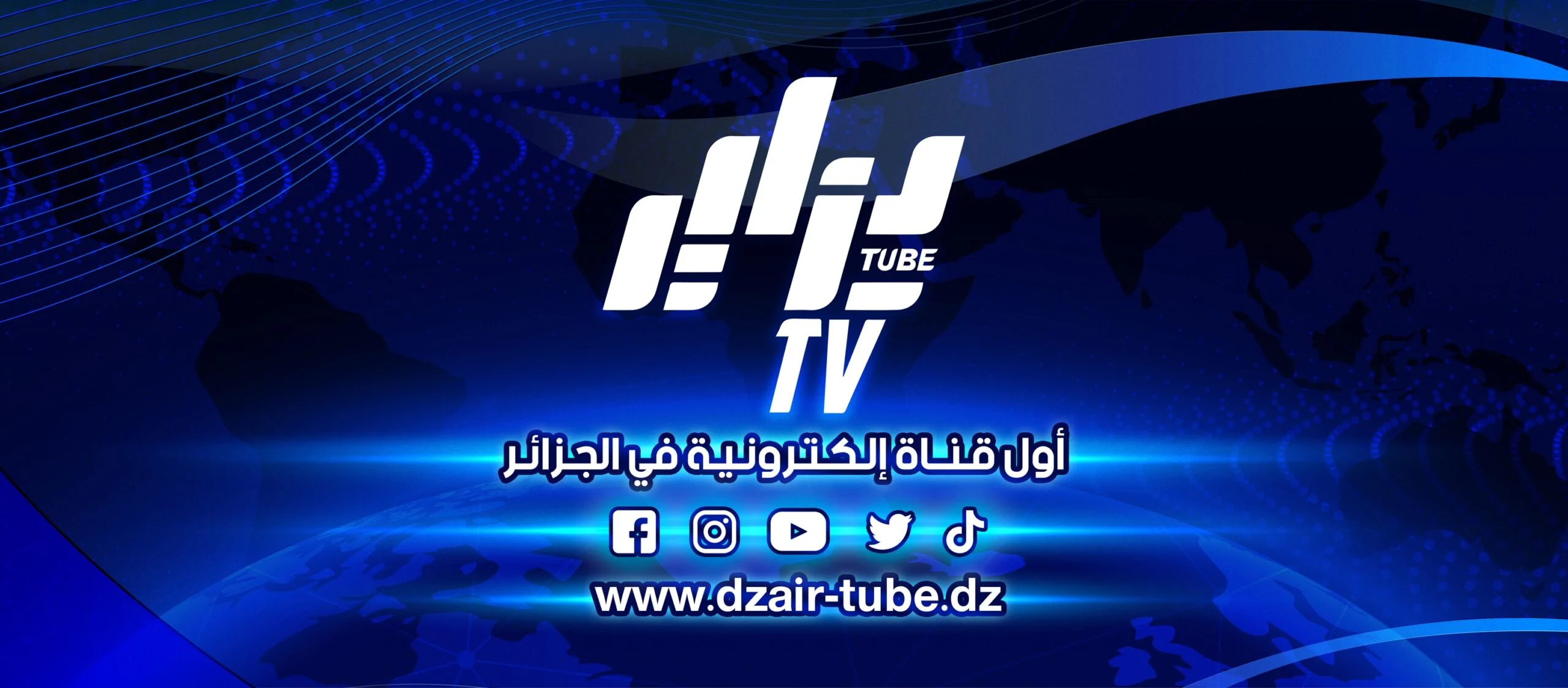✍️ BY: Dr. Hana Saada
Despite global uncertainty, Algeria’s non-oil growth remains strong, inflation falls, and reserves are solid—yet the widening fiscal deficit demands swift structural responses
─────────────◆─────────────
Algiers, Algeria | July 1st, 2025 — In a statement delivered Monday in Algiers, the International Monetary Fund (IMF) expressed confidence in Algeria’s short-term economic outlook, describing it as “broadly positive” despite mounting international uncertainty. The remarks were made by Charalambos G. Tsangarides, head of the IMF mission to Algeria, at the conclusion of the 2025 Article IV consultation—an annual evaluation of the country’s macroeconomic landscape.
Tsangarides noted that Algeria’s economic resilience stems from solid macroeconomic fundamentals and the Algerian government’s evident commitment to structural reform. Key indicators, he said, point to a dynamic non-hydrocarbon sector, moderating inflation, and substantial foreign reserves—forming a robust buffer against external shocks.
A Strong Non-Oil Growth and a Sharp Drop in Inflation
According to the IMF, Algeria’s non-oil GDP grew by 4.2%, reflecting the vitality of its domestic economy. This comes despite an overall economic deceleration from 4.1% in 2023 to 3.6% in 2024, largely due to reduced hydrocarbon production in line with OPEC+ output cuts.
Inflation has fallen significantly, dropping from an average of 9.3% in 2023 to 4% in 2024, mainly driven by more moderate increases in food prices. Core inflation (excluding food and energy) has also receded, offering breathing space for monetary authorities.
Foreign reserves remained stable at $67.8 billion, enough to cover approximately 14 months of imports, further anchoring Algeria’s financial stability.
Emerging Sectors and Reform Momentum
The IMF mission praised Algeria’s push for economic diversification and institutional modernization. Tsangarides emphasized that “strengthening the investment climate, fiscal sustainability, and institutional frameworks is crucial to stimulating long-term growth and job creation.”
Among the areas commended were Algeria’s strides in digitalizing public services, supporting entrepreneurship, and advancing governance reforms—particularly in the fight against money laundering and terrorism financing, and the pursuit of transparency and accountability in public finance.
Alarming Budget Deficit Requires Urgent Rebalancing
However, the IMF was unequivocal in warning about Algeria’s growing fiscal vulnerabilities. The budget deficit ballooned to 13.9% of GDP in 2024, due to a combination of declining hydrocarbon revenues and increased wage and capital spending.
“A gradual but decisive fiscal adjustment is urgently needed,” stressed Tsangarides, warning that failure to act could strain Algeria’s financing capacity and undermine macro-financial stability.
The IMF recommends Algeria implement a multi-pronged fiscal consolidation strategy to stabilize debt, reduce reliance on oil revenues, and rebuild fiscal buffers. This includes:
-
Expanding non-hydrocarbon revenues
-
Rationalizing public expenditure
-
Phasing in targeted subsidy reforms
-
Enhancing public investment efficiency
Exchange Rate Flexibility and Private Sector Reforms
The IMF also urged greater exchange rate flexibility to absorb external shocks, particularly volatile oil prices. Meanwhile, the central bank should maintain its focus on price stability while supporting a balanced recovery.
Going forward, Algeria’s economic strategy should center on improving public finance sustainability, strengthening the monetary policy framework, and accelerating structural reforms to unlock private sector potential and foster inclusive, job-rich growth.
In conclusion, while Algeria’s near-term economic trajectory remains encouraging, the IMF cautions that the current fiscal path is unsustainable without urgent reform. The country’s long-term prosperity, it argues, depends on courageous policy action, institutional resilience, and a sustained commitment to economic transformation.

📡🌍 | About Dzair Tube Media Group | 🌍📡
━━━━━━━━━━━━━━━━━━━━━━━━━━━━━━━
📰 Dzair Tube is a trailblazer in Algerian digital journalism, delivering high-quality content in Arabic, French, and English. With more than 📈 500,000 daily clicks, it ranks among the most influential media platforms in the country.
🏆 Awarded the President of the Republic’s Prize for Professional Journalist in the Electronic Press category (🗓 October 22, 2022), Dzair Tube is widely recognized for its editorial excellence and integrity.
📱 Massive Digital Reach:
🔴 350,000+ YouTube subscribers
🔵 6 million+ followers across Facebook pages
📸 450,000+ Instagram followers
🎥 Operating from state-of-the-art studios, Dzair Tube broadcasts rich and diverse programming, including:
🗞 News | ⚽ Sports | 🎭 Entertainment | 🕌 Religion | 🎨 Culture
🗣️ Featuring interactive talk shows and exclusive interviews with prominent figures from politics, business, arts, and more, Dzair Tube serves as a key platform for public discourse and civic engagement.
📰 Its print sports daily, “Dzair Sport,” enjoys over 50,000 daily downloads via the official website—further cementing the platform’s multimedia leadership.
🎖️ Honored with the Media Leadership Award by the former Minister of Communication, Mohamed Laâgab, and celebrated at the Hilals of the Television awards, Dzair Tube continues to lead with innovation, influence, and impact.
━━━━━━━━━━━━━━━━━━━━━━━━━━━━━━━
🌐 Stay Connected:
🔗 Website: www.dzair-tube.dz
🔗 English: www.dzair-tube.dz/en
📲 Follow us on Facebook | Instagram | YouTube
━━━━━━━━━━━━━━━━━━━━━━━━━━━━━━━




